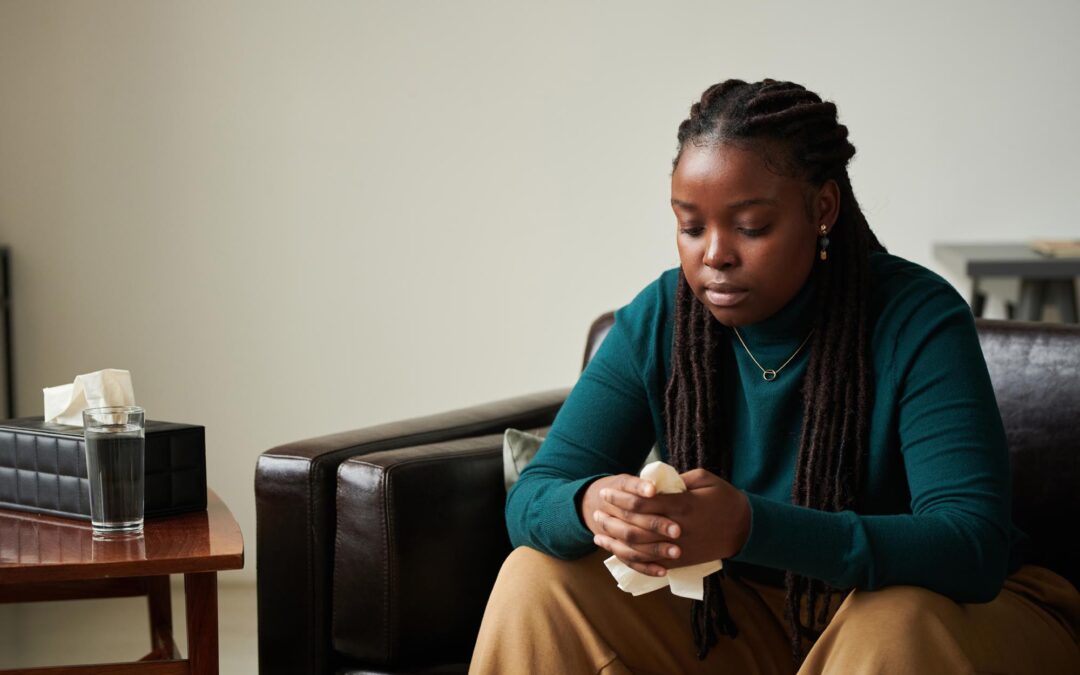Healing from Historical Trauma: Empowering Indigenous Women Through Recovery & Support
Historical trauma, the cumulative emotional and psychological wounding over generations, has profoundly impacted Indigenous women. This trauma, stemming from colonization, forced assimilation, and systemic oppression, manifests in many ways, including mental health challenges, substance abuse, and physical health disparities. Understanding this legacy is crucial to providing effective support for Indigenous women in their healing journey.
Understanding Historical Trauma and its Impact
Historical trauma is not just about past events; it’s a living legacy that shapes the present. For Indigenous women, this trauma is interwoven with cultural loss, violence, and marginalization. It impacts not only individuals but entire communities.
Some of the effects of historical trauma on Indigenous women include:
- Mental Health Challenges: Increased rates of depression, anxiety, post-traumatic stress disorder (PTSD), and suicide.
- Substance Abuse: Higher rates of substance use disorders as a way to cope with trauma.
- Physical Health Disparities: Increased risk of chronic diseases like diabetes and heart disease, linked to the stress of historical trauma.
- Intergenerational Trauma: Trauma passed down through generations, affecting parenting, family relationships, and community well-being.
Embracing Healing and Resilience
Despite the deep wounds of historical trauma, Indigenous women are resilient. They draw strength from their culture, traditions, and communities. Healing is possible, and it involves a multi-faceted approach that recognizes the unique experiences of Indigenous women.
Lightwork Therapy & Recovery understands this complexity and offers support for Indigenous women on their healing journey.
Resources for Healing
- Culturally-Sensitive Therapy: Therapists trained in cultural competence can create a safe and understanding space for Indigenous women to explore their trauma and develop coping mechanisms. Lightwork Therapy & Recovery offers individual therapy [invalid URL removed] and group therapy [invalid URL removed] tailored to the specific needs of Indigenous women.
- Traditional Healing Practices: Reconnecting with traditional healing practices, such as ceremonies, storytelling, and connection to land, can foster a sense of cultural identity and promote healing.
- Community Support Groups: Sharing experiences with other Indigenous women who understand the unique challenges can be incredibly empowering and validating. Lightwork Therapy & Recovery hosts support groups [invalid URL removed] specifically for Indigenous women.
- Cultural Reclamation: Learning about and engaging with one’s cultural heritage can be a powerful way to heal from historical trauma and strengthen cultural identity.
- Advocacy and Activism: Many Indigenous women find healing through advocating for their communities and fighting for social justice.
- Self-Care: Practicing self-care, such as spending time in nature, engaging in creative activities, and prioritizing rest, is essential for overall well-being.
- Education: Learning about historical trauma and its impacts can help individuals understand their experiences and empower them to seek support.
External Resources for Support
In addition to the services offered by Lightwork Therapy & Recovery, there are many valuable resources available to Indigenous women:
- National Indigenous Women’s Resource Center (NIWRC): Offers resources, advocacy, and training on issues affecting Indigenous women.
- Indian Health Service (IHS): Provides health services to American Indians and Alaska Natives.
- StrongHearts Native Helpline: A confidential domestic and sexual violence helpline for Native Americans.
- We R Native: A comprehensive health and wellness resource for Native youth.
A Path Forward: Hope and Healing
Healing from historical trauma is a journey, not a destination. It takes time, patience, and a commitment to self-care. By seeking support for Indigenous women and embracing their cultural strengths, Indigenous women can reclaim their power, heal their wounds, and create a brighter future for themselves and their communities.
If you or someone you know is struggling with the effects of historical trauma, please reach out to Lightwork Therapy & Recovery. We are here to help.





